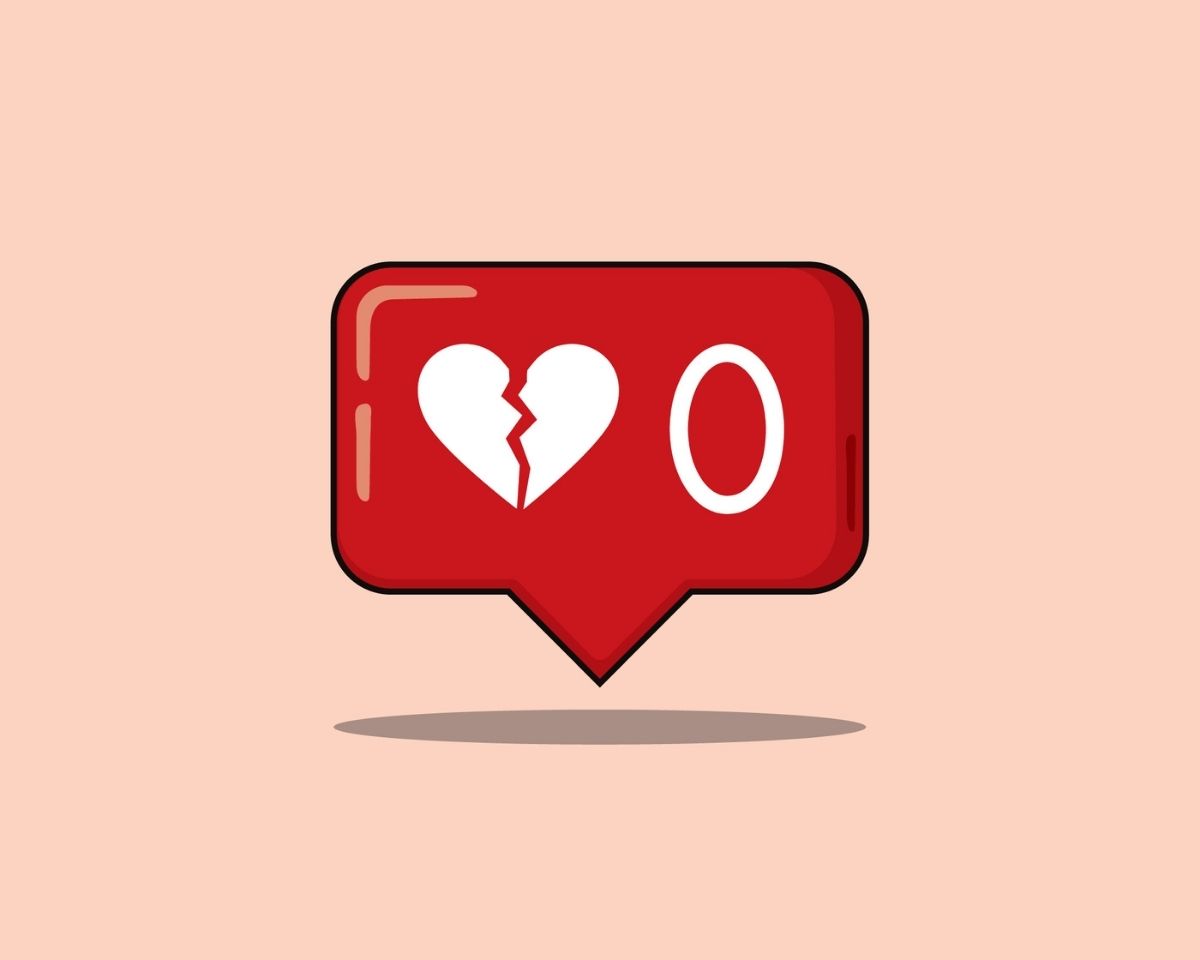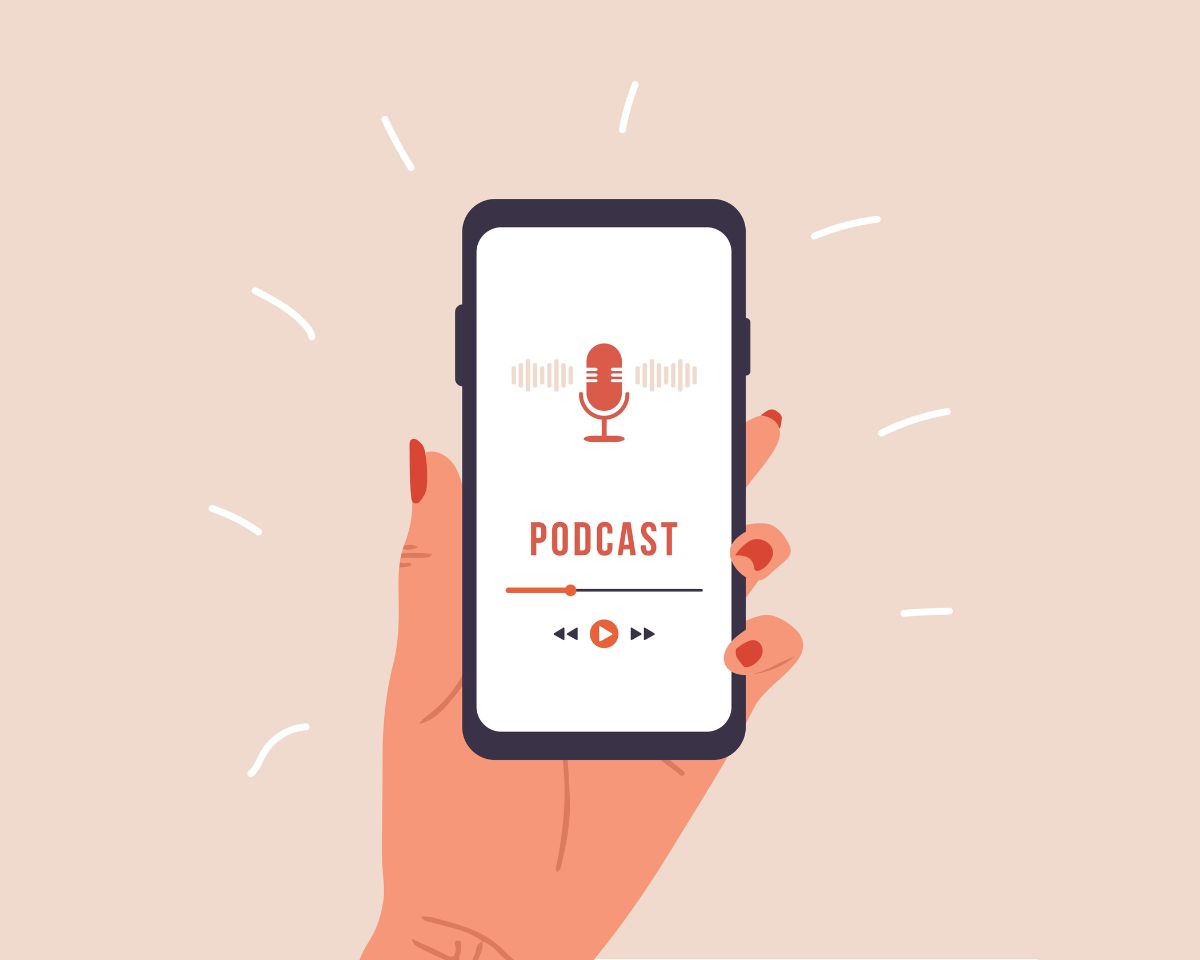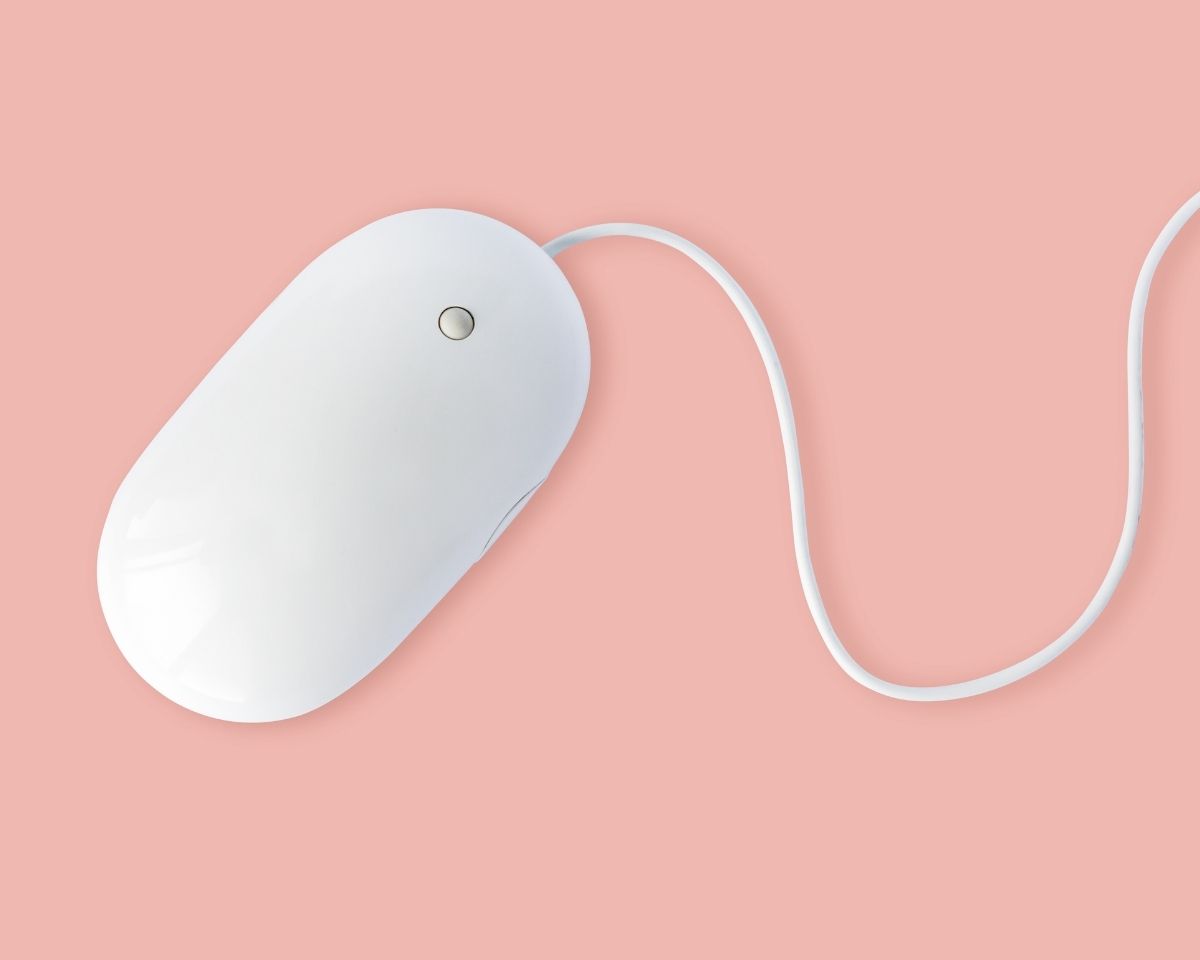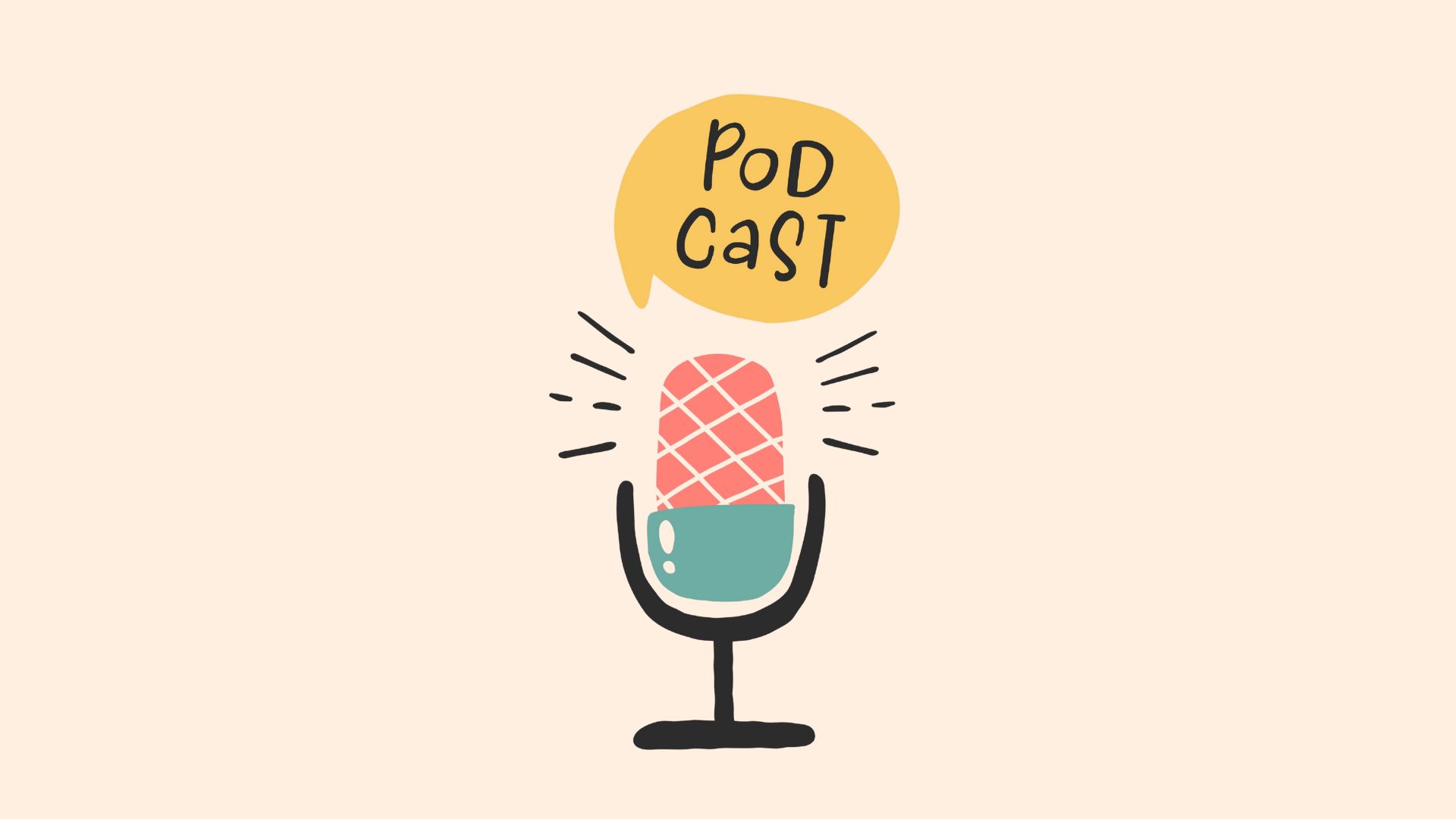How to launch a podcast when you’re starting from scratch
Don’t have a following online and you’re wondering whether your podcast can still be a success? I’ve got good news for you…it absolutely can.
So how do you get your show in front of an audience when you haven’t built one yet?
Think long and hard about your idea
When you’re starting from scratch it becomes even more important to have a clearly defined idea that provides value to an audience.
I see a lot of shows fail because they’ve been created with someone’s ego in mind rather than an audience so make sure you’re thinking of your listeners first.
Think about what would appeal to an audience because, ideally, you want to create a show based on content people are already searching for rather than trying to get them to listen to something they’re not interested in.
Choose the right niche
When you don’t have a following you can’t cash in on the fact there’s an audience ready to listen to whatever you create so you have to make sure your show idea grabs people’s attention.
If your show is in a competitive category think about how you can adjust your content so it offers something different from what’s out there already.
If your podcast fits into a couple of categories, choose the one that’s less competitive so you’ve got more chance of featuring in the charts for that category.
Be creative with your podcast promotion
Promotion is essential for any podcast but it’s even more important when you’re launching a show with no following.
Ideally, you want your podcast to be seen by as many people as possible in the hopes that a bunch of them are interested in checking it out.
To achieve this you need to share your podcast in different and interesting ways because you never know what’s going to appeal to someone.
If you’re batch-recording episodes (which is a great idea) use the content you’ve recorded to build social media posts that give people a taste of what’s to come.
This will help build momentum and interest, which is important when you’re launching a new show.
After you’ve launched your show look at how you can repurpose each individual episode into multiple pieces of content e.g. audiograms, quotes, blog posts, etc to share on social media.
And once you’ve got your content ready to go make sure you’re using hashtags that are relevant to your niche.
Be on the same social media platforms as your audience
Social media management takes a lot of time so it’s better to do one or two platforms well rather than spreading yourself too thin.
When you’re thinking about what platforms to focus on think about where your audience is most likely to be.
If they’re into visual content stick to Pinterest and/or Instagram.
If your show is more political or news-based maybe it’s best to focus on Twitter.
Also, think about whether you can use your own personal accounts or whether you’ll need to start a new profile for your show.
Merging profiles might not be possible if there’s a clash between your personal content and the brand of your show.
But if it works to combine the two it’s a good idea because you won’t be building a new profile from scratch.
Tap into your network of family and friends
In the early days, the people who’ll be easiest to convince to listen to your show are the ones who know you already.
So tweet, message, email…whatever you need to do to get them involved because getting people to listen and subscribe to your show in the early days can help bump your show into the charts and build the momentum you need to grow an audience.
Submit your show to all the podcast directories
This might seem like a no-brainer but some people don’t realise you have to submit your show to directories like Apple Podcasts, Google Podcasts and Spotify.
If you want to grow your audience it’s essential your show is in all the places people listen to podcasts so make sure you’re submitting it to as many apps as possible.
At a bare minimum you want your show to be available on iPhone and Android so don’t just submit it to Apple Podcasts and think you’re done because you’re leaving a huge potential audience on the table.
Pay attention to your podcast SEO
Optimising your podcast for search is important because it helps your show turn up in podcast apps and search engines when people are looking for content in your niche.
Having a decent web presence also means there are more avenues for potential listeners to find your show and that’s always a good thing.
Share your show using a universal link
If you’re sharing your show using only the Apple Podcasts link you’re excluding a huge number of potential listeners because anyone who clicks on that link using an Android phone will be sent to internet purgatory.
Since there are more Android users in the world than iPhone users that’s a big audience you’re missing out on so you want to make sure you’re sharing your show using a link that works for everyone.
Turn up for the listeners you’ve got
Even if you don’t have a lot of listeners, make sure you’re showing up for the people who are showing up for you.
Word of mouth is slow but it’s still one of the most powerful ways to grow a podcast.
It can be hard to stick with something that’s taking a lot of time to gain traction but that’s why having passion for your content is essential if you want it to succeed.
Passion is what’s going to keep you delivering high-quality content consistently even when you’ve only got a handful of listeners.
And it’s that commitment that’s essential to grow your audience and that will eventually make your show a success.
Got a burning podcasting question you’d like answered? Send me an email.
Want to start your own podcast but need a little help? Download my “How To Start A Podcast” guide or sign up for my online podcasting course, PodSchool.















2 Responses
Thank you – this way very helpful 😊
thanks interesting and informative